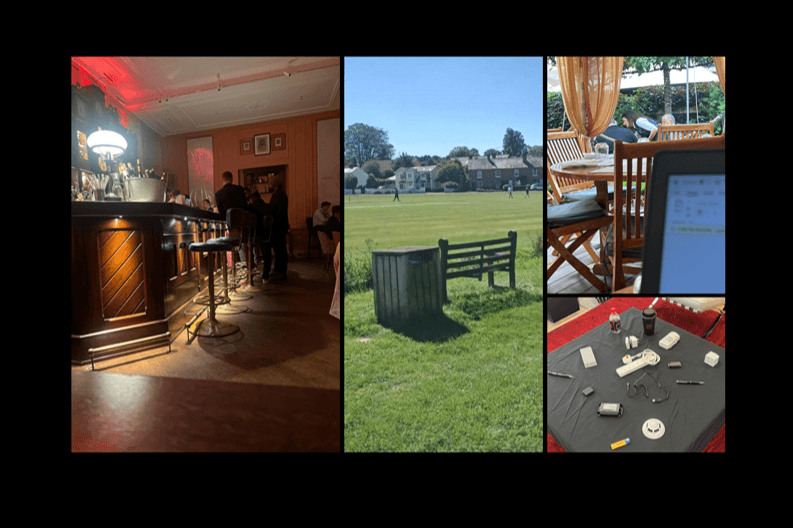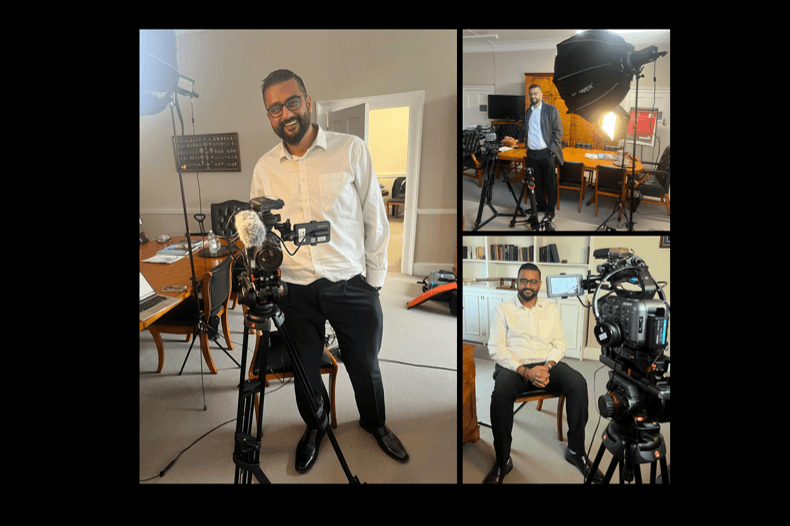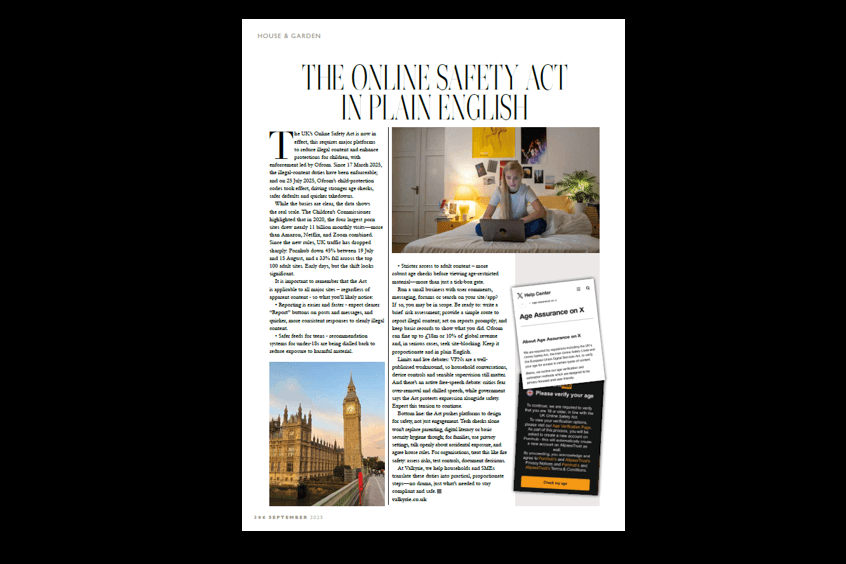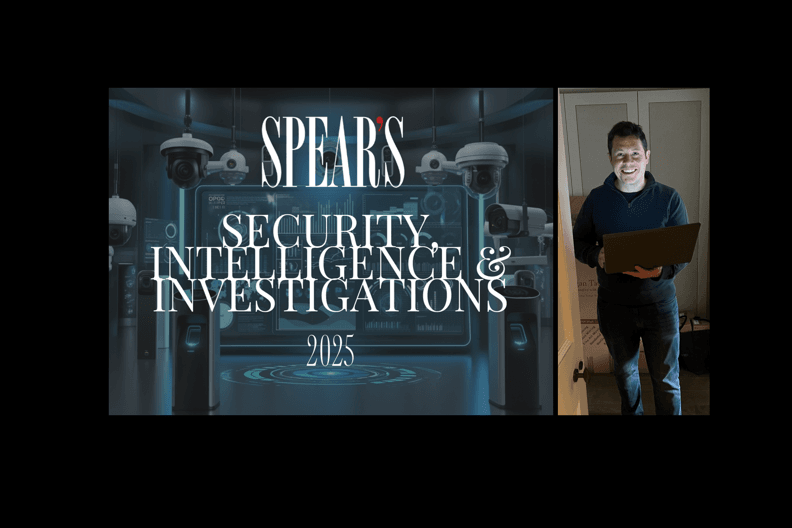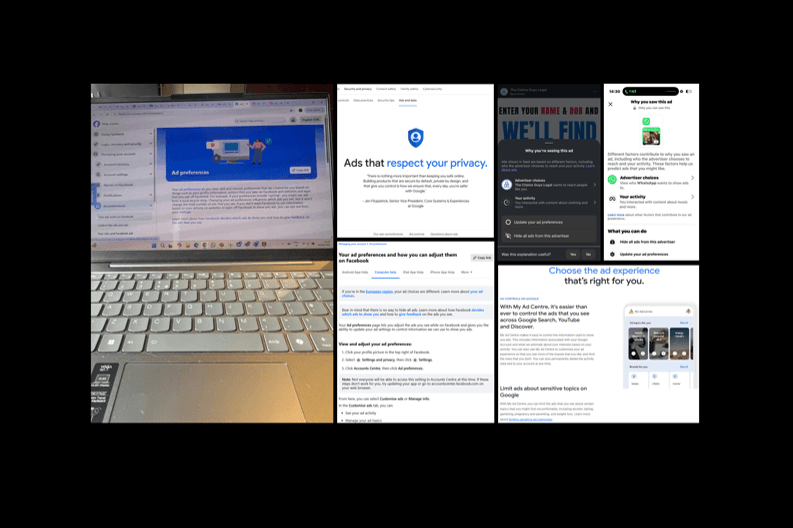Reporting in the media, reportedly from security sources, suggests Chinese intelligence operatives have been placing covert surveillance devices in parks, pubs, and hotels across Westminster. Alleged targets include benches in St James’s Park, political pubs like The Red Lion, and luxury hotels frequented by MPs, advisers, and civil servants. The aim is simple but potent: capture candid conversations that may yield influence, insight, or leverage.
While such tactics sound like scenes from Cold War thrillers, their modern reality is far more widespread. Surveillance isn’t reserved for embassies or parliaments – it’s a risk faced in boardrooms, hotel rooms, and living rooms alike.
Criminal Use of Eavesdropping – A Silent Weapon
Eavesdropping isn’t limited to hostile states. Criminal groups use the same tactics – often with off-the-shelf tech – to gather information they can monetise or weaponise. Sensitive data gleaned from a bugged meeting, phone call, or casual chat can quickly become ammunition for blackmail, extortion, or reputational sabotage.
There have been cases of private residences or vehicles being covertly bugged, not for state secrets, but to gain intelligence about financial assets, movements, or vulnerabilities. One UK case involved the use of a hidden listening device in a property under renovation to track its owner’s whereabouts and schedule a targeted break-in.
Importantly, many targets are chosen not because they’re high-profile, but because they’re accessible. Eavesdropping is often opportunistic – it’s about seizing the chance to gather something useful, then deciding what to do with it later.
Criminals don’t always need to know why the information is valuable — just that it can be used. Sometimes it’s sold to others, sometimes it’s acted upon immediately. Either way, the victim is often the last to know.
Corporate and Personal Vulnerabilities
Eavesdropping is a known threat in the corporate world – but it’s still too often underestimated or dismissed. High-level meetings may be conducted in secure rooms, but what about the 15 minutes beforehand when the room is left unlocked? What about the chance conversation in the corridor, or the debrief over a pint?
With hybrid working and personal tech now dominating business life, vulnerabilities have shifted. Homes – with no physical access control and limited cybersecurity – are the new frontlines for sensitive discussions. Conversations on kitchen speakers, work calls taken in bedrooms, even discarded smart devices in holiday lets – all are potential entry points.
In some cases, it’s not just outsiders posing a risk. Insider threats – whether through deliberate collusion or careless behaviour – can provide access to sensitive spaces or systems without raising suspicion.
Some surveillance doesn’t even require a planted device. Compromised smart speakers, phones, or other connected devices can be remotely activated or manipulated if security settings are weak or outdated. And what’s captured may not stay local – some tools automatically upload audio or video to offshore servers, making removal or recourse difficult.
This isn’t just a business issue either. Divorce proceedings, legal battles, and contentious estate disputes have all seen covert surveillance used to gain leverage, often illegally. Private investigators have been known to deploy bugs or hidden cameras in such cases, and while unlawful, the damage is often done before it can be proven.
And the technology? Easier to obtain than ever. Bugging devices disguised as chargers, smoke detectors, plug sockets, clocks – all widely available online for under £50. Some offer remote streaming: others are voice-activated and can record days of audio without detection. Video surveillance tools are just as discreet. A £20 pen camera can easily capture hours of footage.
Modern devices are specifically designed to go unnoticed — and unless you’re actively looking, you’re unlikely to detect them. The barrier to entry has collapsed, but awareness hasn’t caught up.
The Human Side of Surveillance
The consequences of unauthorised surveillance aren’t always financial. Victims can suffer serious emotional and psychological harm – especially in coercive control situations, where abusers use spyware, listening devices, or hacked apps to track every word, movement, or contact.
Even outside such extreme cases, the chilling effect of being watched – or even suspecting you are – can erode trust, damage relationships, and derail professional and personal confidence.
Staying Ahead of the Threat
This is no longer a niche concern. From national intelligence operations to bitter divorce cases, eavesdropping has become a tool of choice for a wide range of actors – because it works.
In the UK, unauthorised surveillance is not only unethical — it can constitute a criminal offence under the Regulation of Investigatory Powers Act (RIPA) and other privacy laws. But enforcement is difficult, especially when victims remain unaware, they’ve been compromised.
This isn’t about jumping at shadows — but it is about shifting mindset. Make eavesdropping part of your daily security awareness. Avoid complacency in open spaces. Control access to sensitive environments. Take nothing for granted.
In a world where surveillance is cheap, discreet, and increasingly common — your best protection is staying aware that someone, somewhere, might be listening





